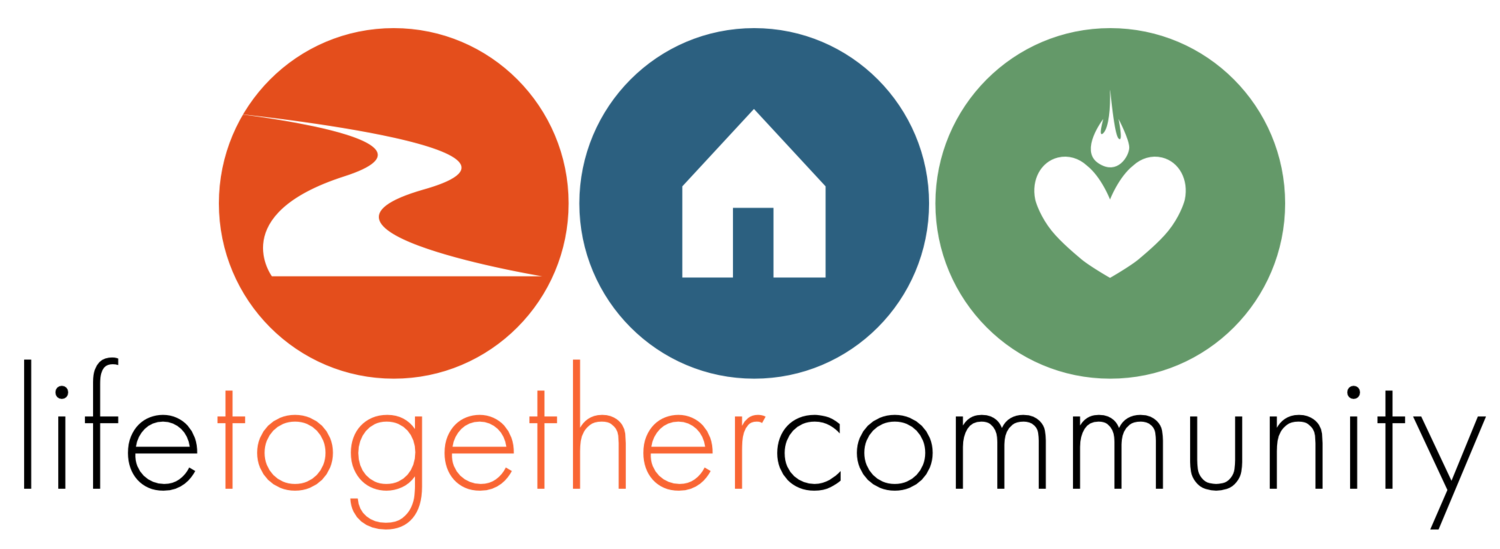I’m writing this reflection from the annual Life Together Advent Retreat at the Bethany House of Prayer. Last Advent I was gearing up for my second to last finals season. I remember the feeling of anticipation to finish my last Advent semester at Sewanee. The period of waiting to be done with all of the exams is long, hopeful, and preoccupying. I had to work hard to recount the semester in two weeks in order to enjoy my reward: a long break from school. I expected a clear reward for all of my waiting.
Where I was last year compared to where I am now in Advent is a mirror of this life I once lived. I always want a break; the feelings of anticipating something are resurfacing as my body prepares for the finals season it’s been used to for so long. There are no tests to take, all nighters to pull, and the people around me are very different. No academic pressure, just the same old waiting. This Advent I’m reflecting on questions around lingering. Why are we waiting? Do we want things to be better or just different? What are we waiting on? What makes us wait? Henri Nouwen offers some answers to these questions:
“Open-ended waiting is hard for us because we tend to wait for something very concrete, for something that we wish to have…for this reason, a lot of our waiting is not open-ended. Instead our waiting is a way of controlling the future. We want the future to go in a very specific direction, and if it does not happen we are disappointed and can even slip into despair.” !!!!!!
I am someone that tries to control the uncontrollable. And fix everything. To change. To be better and do better, all the time. I am feeling so lost about what I’m waiting for this season because I have had control of my direction, up until this point. I am a college educated young adult with anxiety that does not want to make the wrong move – and there is a bleeding and suffering world that needs a lot of tending to – how am I supposed to know how I can best heal the wound? There is so much to do it feels impossible to know when is the right time to take action and how to do it right.
Rebecca Solnit writes about human existence in the 21st century in the book Hope in the Dark:
“This is an extraordinary time full of vital, transformative movements that could not be foreseen. It’s also a nightmarish time. Full engagement [in the world] requires the ability to see both…The 21st century has seen the rise of hideous economic inequality, working conditions, and social services…the elites who forgot they conceded to some of these things in the hope of avoiding revolution…Hope doesn’t mean denying these realities [CLIMATE CHANGE]. It means facing them and addressing them by remembering what else the 21st century has brought, including the movements, heroes, and shifts in consciousness that address these things now…This has been a truly remarkable decade for movement-building, social change, and deep profound shifts in ideas, perspectives, frameworks for broad parts of the population.”
I am an Enneagram 4, the type known as the Individualist – I dream up lives I could spend forever waiting for. I have a vast imagination and I love to fantasize about the world I could live in. Particularly I dream up lives I think have worth, and they often do not align with my reality. Having unrealistic expectations of myself can be really unfair to me, and also to those that support me because it can prevent me from being grateful for my reality. Easing into open-ended waiting and embracing the in-between can make it easier to accept our best. Showing up authentically as ourselves and uplifting the support that carries us through the waiting combats self-isolation. Life Together has been a time of waiting for me – I am taking a gap year in between college and graduate school. An intentional gap year can produce beautiful products out of the waiting. I am trying to ease into not having control over what is next for me. I am able to do this because of the immense intention I have put into waiting. Even though it feels like I have been passively waiting for life to happen to me, I have been seriously discerning my vocation and purpose in the world. There will come a point when we have to stop waiting for the perfect moment to respond to the world’s needs and just do it. I hope that one day I will understand that while I was waiting for God to give me the full image of my life, God was painting on me the whole time. It has no allusion to worthiness being in good grades, or a list of letters behind my name. But it’s an image of a fulfilled call and a life well-loved.

